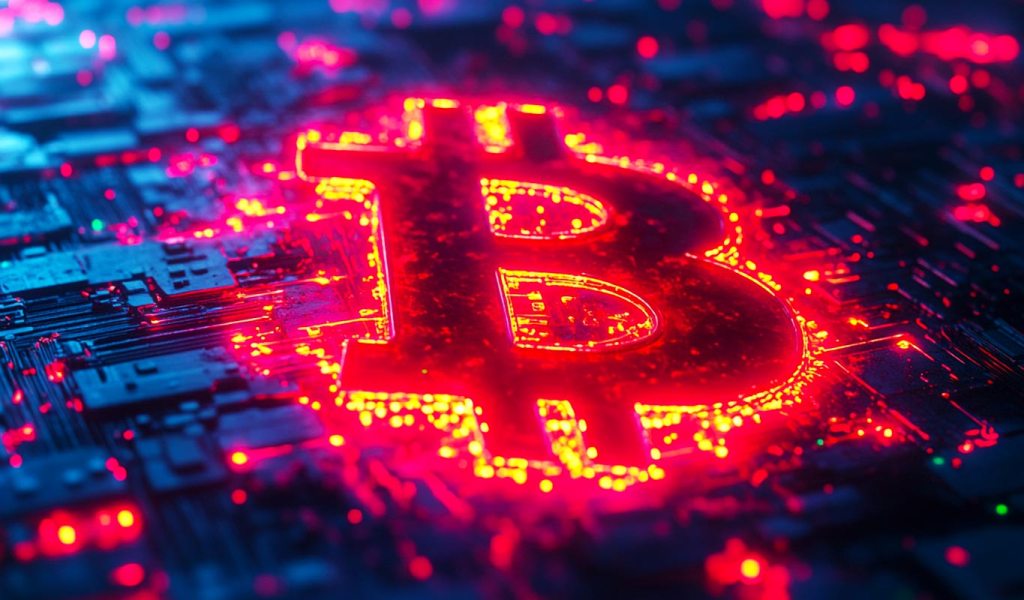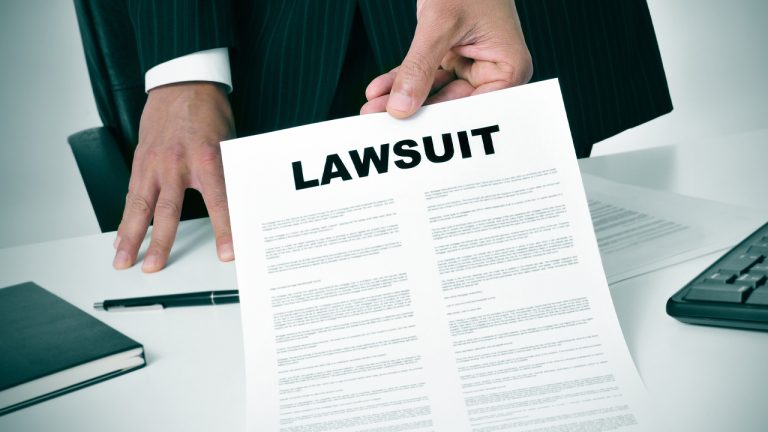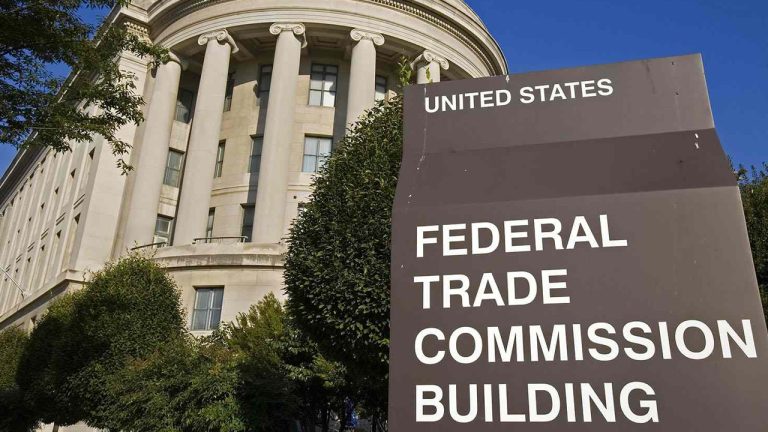
The DOJ disagrees with the legal protections given to those involved in the Voyager-Binance.US sale saying the court “improperly” exceeded its authority.
United States officials want to remove a provision included in bankrupt lender Voyager Digital’s plan to sell its digital assets to crypto exchange Binance.US that would prevent them from legally pursuing anyone involved with the sale.
In a motion filed on March 14 in a New York Bankruptcy Court, U.S. Trustee William Harrington and other government attorneys argued: “the court improperly exceeded its statutory authority" in approving a the pardoning.
They requested the court's approval of the sale be delayed for two weeks to allow them to file an appeal.
Tomorrow just got interesting. #Voyager #VGX #Binance #Bankruptcy #DOJ pic.twitter.com/23bqIWpX2M
— VGX Heroes (@VGX_Heroes) March 15, 2023
The provision protects those involved in carrying out the sale from being held personally liable for its implementation, which the court approved on March 7 after it was found that 97% of Voyager customers favored the plan, according to a Feb. 28 filing.
While U.S. officials are not objecting to other parts of the proposed sale, they argue the provision would impede the government's “ability to enforce its police and regulatory powers.”
Notice of Expedited Motion for Stay Pending Appeal filed by US Department of Justice in @investvoyager Bankruptcy
— Shingo Lavine (@shingolavine) March 15, 2023
Looks like the exculpation provisions (legal protections for certain individuals) is the main thing holding up the dealhttps://t.co/a40FyPcoLa pic.twitter.com/zplip3eJob
On March 6 the Securities and Exchange Commission (SEC) also objected to the plan, particularly the “extraordinary” and “highly improper” exculpation provision, arguing the repayment token would constitute an unregistered security offering and that Binance.US is operating an unregulated securities exchange.
Related: Binance.US, Alameda, Voyager Digital and the SEC — the ongoing court saga
A hearing on the issue is set to occur on March 15 at 2:00 pm local time.
Based on the latest estimates, the plan is expected to result in Voyager creditors recovering approximately 73% of the value of their funds.













